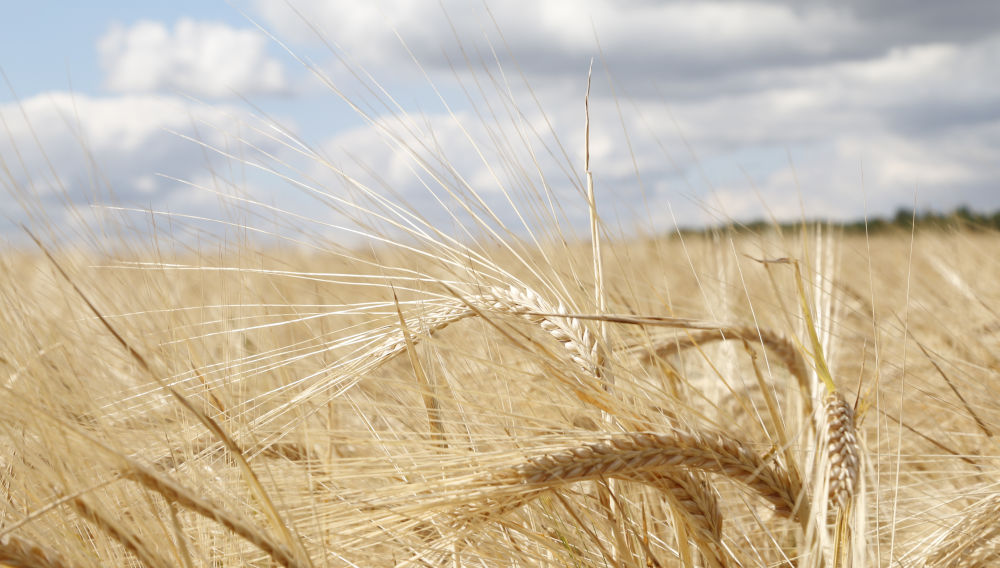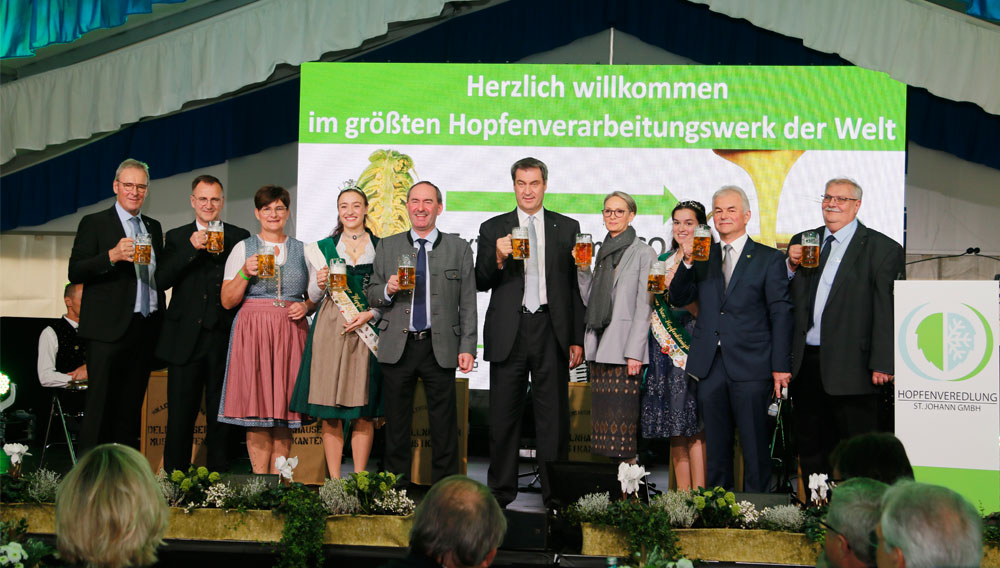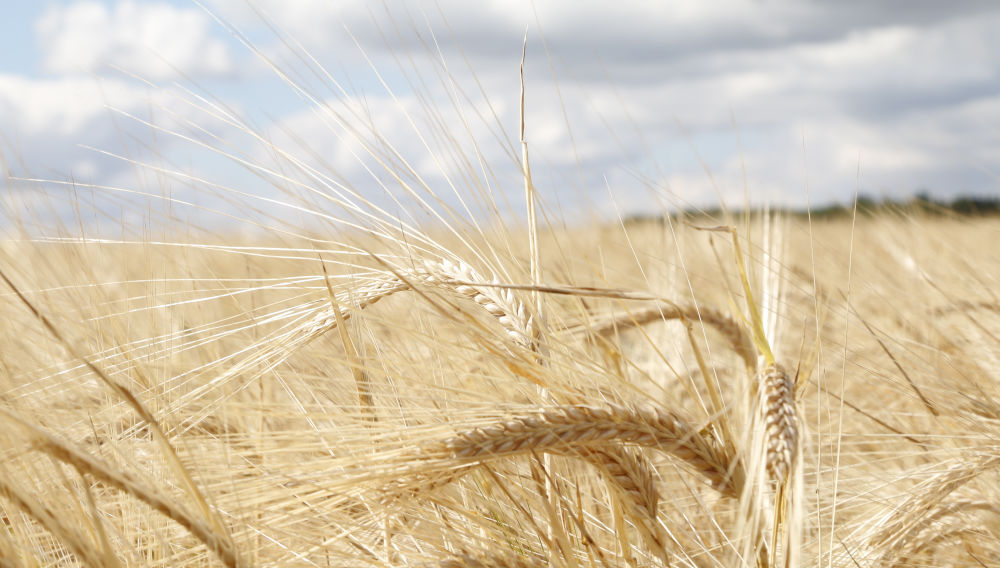Hop processing St. Johann GmbH | BarthHaas and HVG Hopfenverwertungsgenossenschaft mark the opening of the new extraction plant in St. Johann, Germany with a formal ceremony. Along with the First Minister of Bavaria, Dr. Markus Söder, invitees include the Deputy First Minister and Bavarian Secretary of Commerce, Hubert Aiwanger, and numerous guests from the worlds of politics and business, as well as the employees at the plant.
Better than expected | The quantitative results of the spring barley harvest in Europe have been better than expected in some regions. The harvests in Scandinavia and in the UK are the main contributors. In France and Germany, too, the results are better than initially expected, although the quality is quite heterogeneous after the hot and dry weather.
Sustainable and cost-effective | Supply-chain issues and climate change are presenting significant cost challenges for breweries all over the world. Using sustainable regional alternatives to malt can help reduce costs while also supporting local farmers and communities. This article explains how these “malternatives” can be successfully applied by brewers.
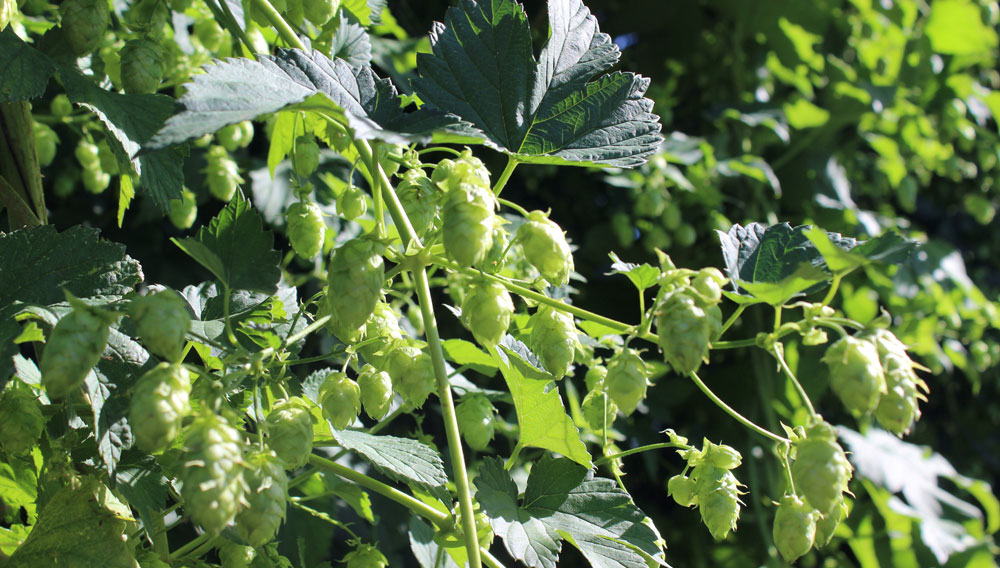
Climate sensitivity | While climate influence on α-acid content of hops is known, systematic research on the biosynthesis of aroma substances and polyphenols in different hop varieties depending on the weather conditions is still lacking. Pellet samples of 20 German hop varieties from big lots were chosen for this study. The results are presented in the following article.
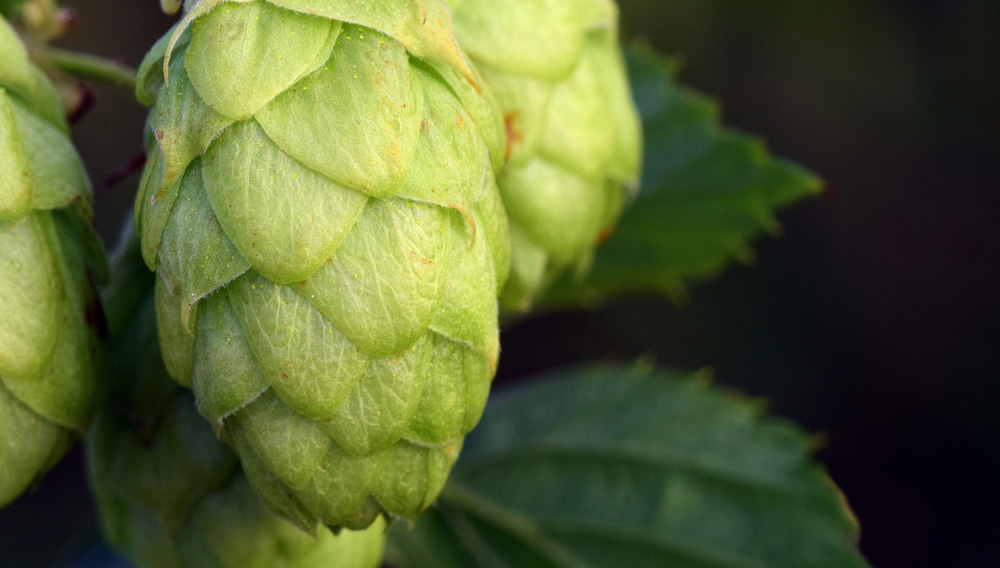
Beer analyses test beers | During dry hopping, extraction of hop aroma poses multiple challenges for brewers, as has been described in Part 1 of this series of articles. In this second part of the series of articles, a method on a laboratory scale is presented in which extraction of hop aroma is carried out by re-dilution.
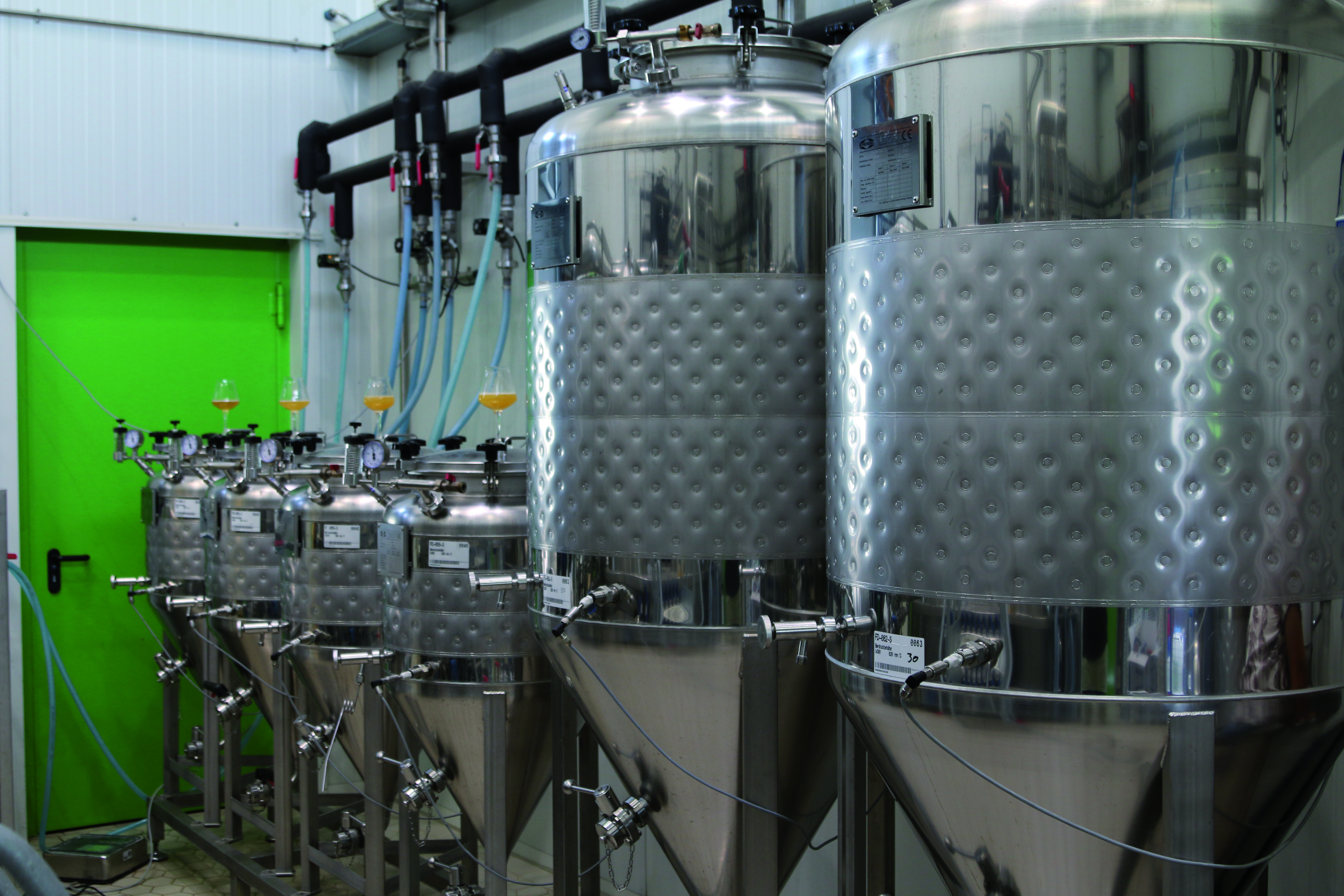
Customer focus | drinktec, having been shelved for a year, is taking place again in Munich from September 12th to 16th, 2022. After the long Covid-19 pause, exhibitors as well as visitors from all over the world are expected. A usually loyal exhibitor at the trade fair has deliberately chosen to refrain from participating this year and strikes out in a new direction. We talked to Joachim Gehde, General Manager of Hopsteiner in Mainburg, about the reasons and what he is planning.
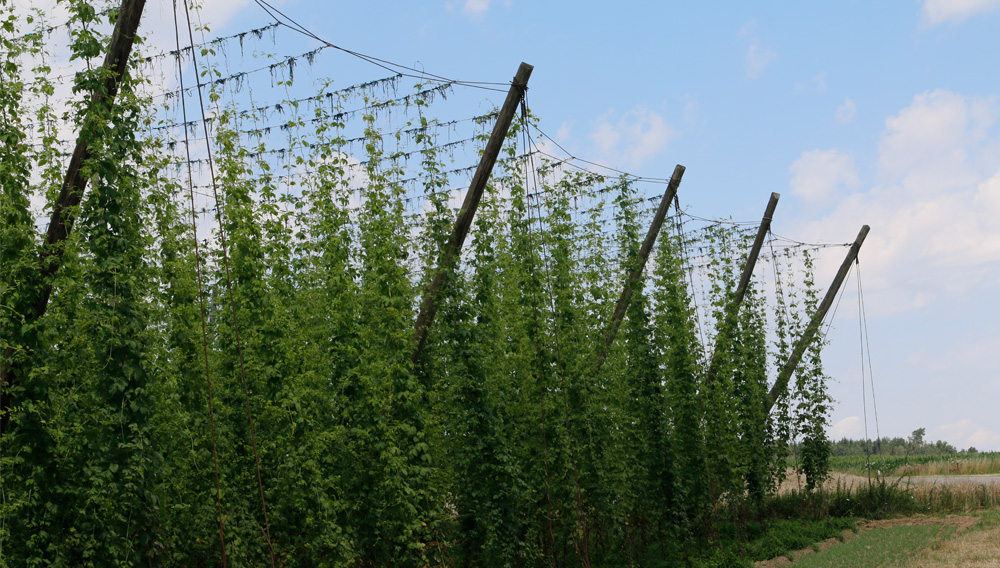
Promoting organic hops | A new organization devoted to marketing hops has been created in Tettnang. What sets it apart from existing organizations is that it focuses entirely on the promotion of organic hops. Why a separate organization, why now, and why in Tettnang? The founders Lukas Locher, Charlotte Müller and Johanna Scholz answer these questions in this exclusive interview with BRAUWELT International.
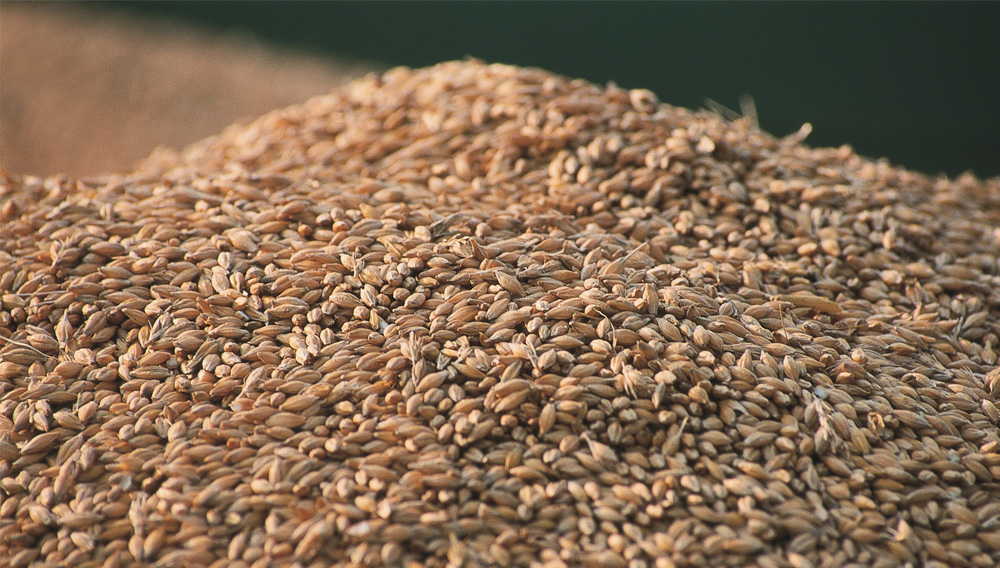
A new analytical approach | The contribution of different malt types to the beer aroma is traditionally assessed by trial-and-error testing in pilot scale. In this article, we describe a new analytical method that shows promising results in predicting specific aroma properties of bottom-fermented beers based on the analysis of marker volatiles in the malt mixtures applied for brewing without the need for extensive brewing trials and beer sensory evaluation.
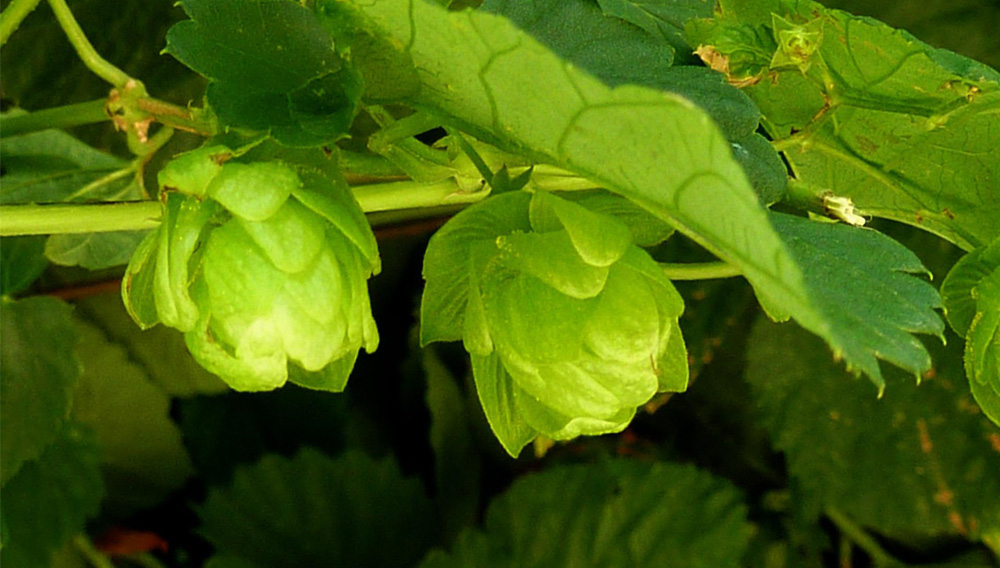
Aroma extraction | Dry hopping poses challenges for brewers all over the world. These range from high beer losses, significant effluent pollution, low extraction efficiency to the hop creep effect. This three-part series of articles highlights the main concerns and provides an approach for finding a solution. The approach presented ranged from lab tests with just a few litres up until first industrial projects with batch sizes of more than 3500 kg of hops.
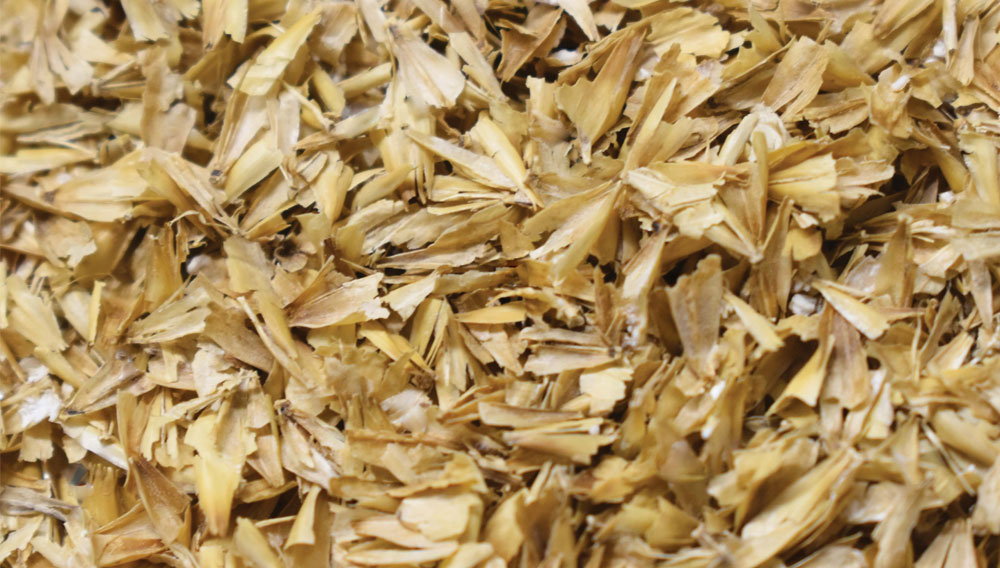
Pure malt grist | To help businesses facing the challenge of rising costs and fluctuating raw material qualities, Bühler introduces its innovative DDH Dry Dehusking technology. By replacing the hammer mill with a roller mill in mash filter applications, the new system increases brewhouse capacities, compensates for different malt qualities and allows for significant energy savings, less wear and reduced risk of explosions.
Malt project awarded | After the Ludwig Narziß Awards for Brewing Science had first been granted on 30 May 2022 during the EBC Congress in Madrid, the second part of the award ceremony finally took place on 8 August 2022, at the Guest Centre of Malzfabrik Weyermann in Bamberg – this time in the presence of all authors.

